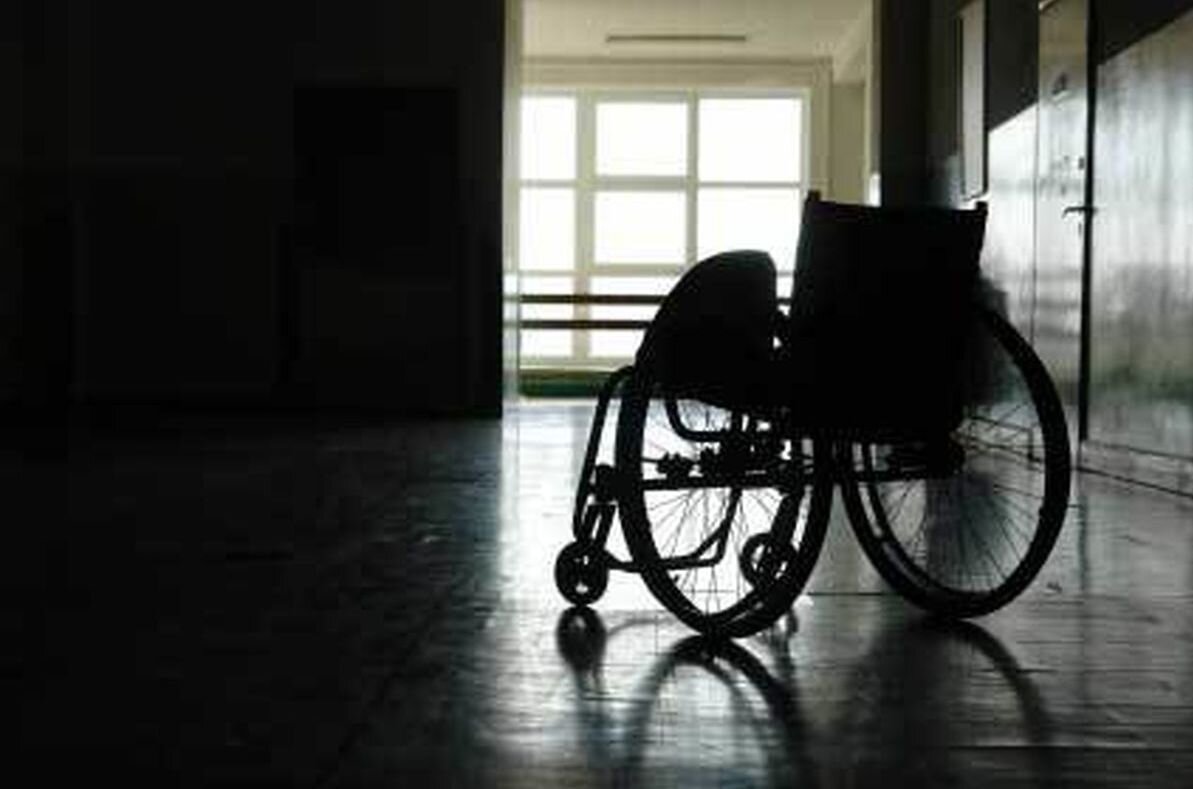IRCS, ICRC hold course on early diagnosis of disabilities

TEHRAN –The Iranian Red Crescent Society (IRCS), in cooperation with the International Committee of the Red Cross (ICRC), as well as the United Nations Children’s Fund (UNICEF), has organized a training course on early diagnosis and referral of people with disabilities.
The IRCS volunteers from the provinces of Khorasan Razavi, Sistan-Baluchestan, and Tehran participated in the training program, the IRCS website reported.
Following the implementation of the pilot phase, the training course will be optimized to be carried out on a broader scale to improve screening programs and diagnosis of specific diseases related to the rehabilitation field.
Vincent Cassard, representative of the ICRC in Iran, said the training course will play an essential role in providing effective and efficient services to individuals with disabilities.
IRCS, ICRC bolster co-op
On August 17, the IRCS and the ICRC highlighted the significance of maintaining collaborations and enhancing cooperation in the field of rehabilitation.
During a meeting, Razieh Alishvandi, the IRCS director for international affairs, and Cassard discussed potential ways to boost cooperation.
“Holding courses in mine risk education, reuniting families, supporting refugees, and international humanitarian law serve as great avenues for fostering cooperation,” IRCS quoted Alishvandi as saying,
“We are interested in maintaining and boosting joint activities, but the current focus of the Iranian Red Crescent Society is on strengthening cooperation in the field of rehabilitation, the official stated.
The Iranian Red Crescent Society has more than 200 active rehabilitation centers nationwide. Accordingly, screening patients with musculoskeletal disorders is on the agenda to identify the patients and prevent these problems, she highlighted.
Cassard, for his part, lauding the IRCS efforts in various fields, said, “The International Committee of the Red Cross is ready to cooperate with the Iranian Red Crescent Society in all sectors.”
Cassard went on to extend an invitation to the IRCS, in recognition of its outstanding activities in the field of rehabilitation, to attend and cooperate in the international rehabilitation conference.
In June, the IRCS and the ICRC discussed ways to enhance rehabilitation services for vulnerable and disabled individuals in Zahedan, the capital of Sistan-Baluchestan.
During a meeting on June 13, Alishvandi and Cassard visited the rehabilitation center in Zahedan, the IRCS website reported.
Visiting the center, Alishvandi reviewed the joint rehabilitation project which in collaboration with the ICRC aims at providing physical rehabilitation services to migrants in need as well as vulnerable citizens in the cities of Zahedan, Iranshahr, Chabahar, and Zabol in Sistan-Baluchestan province.
Based on the agreement, physical rehabilitation services have been provided in Sistan-Baluchestan province since the Iranian year 1398 (2018-2019).
“Currently, the Iranian Red Crescent Society operates rehabilitation centers in all 31 provinces; they offer a wide range of services to individuals with physical disabilities as part of its program,” Alishvandi stated.
The ICRC funds physical rehabilitation programs for vulnerable and disabled individuals, both Iranians and Afghans in Sistan-Baluchestan province.
The support covers the costs of various services and supportive devices such as prostheses, orthotics, physiotherapy, special shoes, wheelchairs, canes, and walking aids.
The logistics department of ICRC purchases needed items either from Sistan-Baluchestan (in case available) or Tehran provinces.
Ongoing training sessions and on-the-job support are provided during field visits to orthotists and prosthetists throughout the manufacturing process.
Moreover, the ICRC allocates a budget to cover the costs of the project, including human resources, building rent, and equipment required for conducting screening assessments.
MT/MG
